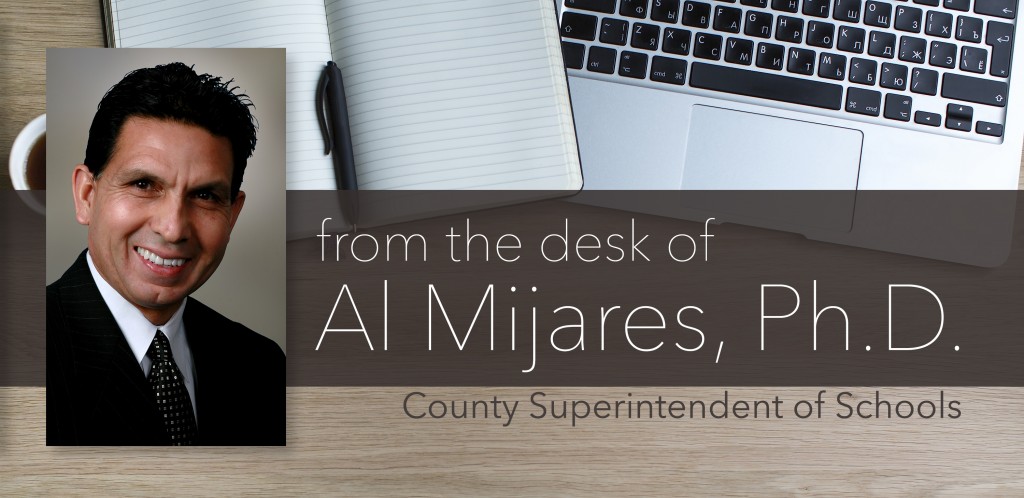In education, we often talk about the factors that contribute to academic achievement.
We talk about quality teaching, family support, high expectations and the role we all play in the success of our students. We dialogue about poverty, crime and how a lack of access to health care and basic services can stand as barriers to college and career readiness.
 Yet there’s another factor that research suggests is a major gauge of growth and development. In fact it’s a personal trait we know as grit.
Yet there’s another factor that research suggests is a major gauge of growth and development. In fact it’s a personal trait we know as grit.
In recent years, educators have increasingly focused on how academic performance is shaped by grit, which is generally defined as passion and persistence applied to long-term goals. It’s a concept that was first introduced by Dr. Angela Lee Duckworth, an associate professor of psychology at the University of Pennsylvania.
Duckworth’s research, forged in competitive environments including West Point and the National Spelling Bee, reveals that grit can be a significant predictor of success, even surpassing other desirable traits such as IQ, social intelligence, good looks and physical health.
In Chicago, she surveyed thousands of public school students with a customized questionnaire designed to reveal the presence of grit, and she subsequently monitored their academic progress. All things being equal, her grittier students were far likelier to graduate from high school.
In may seem intuitive that students with fortitude and resilience would be best equipped to overcome the obstacles that will inevitably surface in life. But how do we as educators and parents cultivate grit? Well, that’s where it gets a little less clear.
The truth is we just don’t know for sure. But Duckworth believes that capacity can be nurtured, particularly in those who have a “growth mindset.”
Growth mindset is another concept that emerged from decades of research, this time by the renowned Stanford University psychologist Dr. Carol Dweck. It’s the belief that people’s abilities can be developed and enhanced over time through commitment and hard work. By contrast, individuals with a “fixed mindset” believe talent alone drives success and that effort takes a backseat.
This is an important distinction, because too often our society subtly endorses the fixed mindset. In movies and television shows, the protagonists often are endowed with powers or hyper-intelligence, negating the need for hard work. When we praise actors and singers, we talk more about their natural talents than the long, difficult career paths paved with sweat, setbacks and determination.
Here at the Orange County Department of Education, we strive to promote the growth mindset, and we have countless examples to back it up. Every day, we see children and young adults who are able to overcome great obstacles and take control of their college and career prospects and their futures by way of focus and effort. They struggle, as we all do. But they persevere, and they improve.
To make sure all students gain the skills necessary to be contributors and, indeed, leaders of the 21st century, I believe it will take more than just talent. It will require great effort and grit, fueled by a growth mindset that permeates every classroom and home in Orange County.
We as educators and parents can set the tone by modeling these traits while consistently acknowledging and encouraging the limitless potential of the young people around us.
